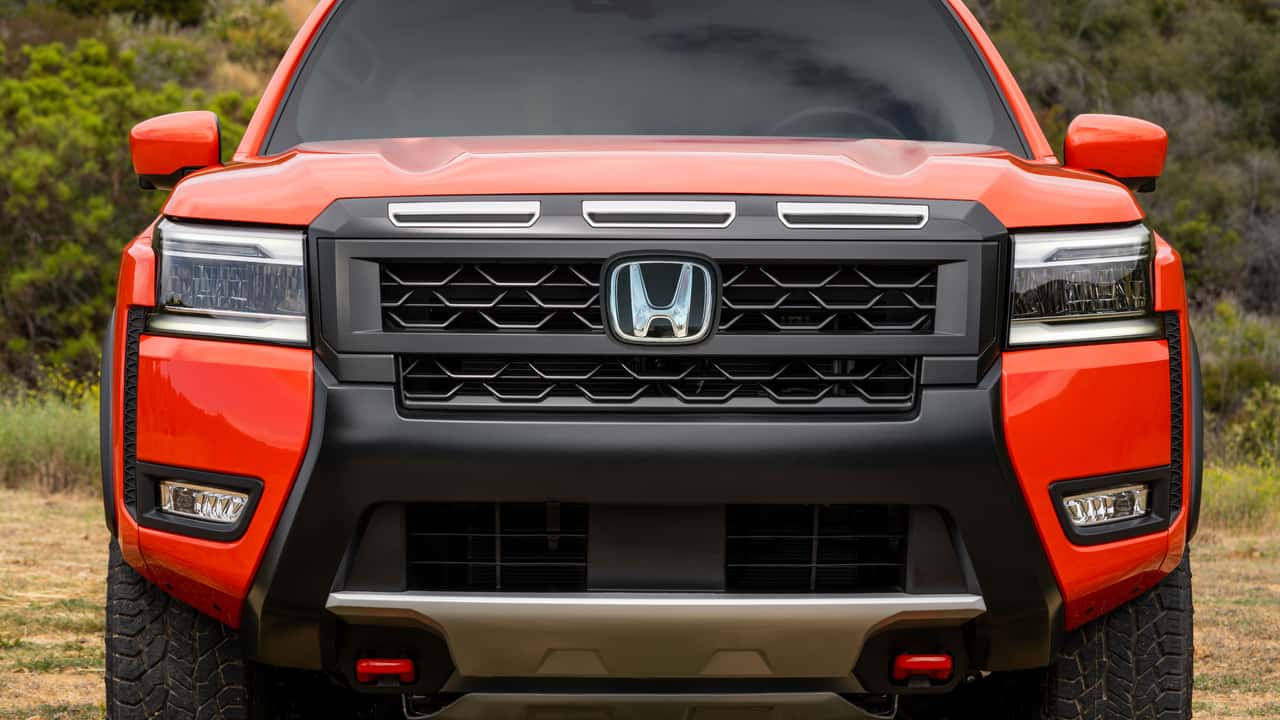Trump-Era Tariffs May Push Nissan and Honda Into Closer Partnership
Following the unsuccessful merger attempt earlier this year, Nissan and Honda have continued to maintain open communication. They are still working together on electric vehicle projects as Nissan navigates an uncertain path. However, the imposition of tariffs by Donald Trump might compel the two automakers to strengthen their collaboration.
A recent report from Nikkei Asia, which does not disclose its sources, suggests that Nissan and Honda are exploring the option of manufacturing Honda-branded pickup trucks at Nissan’s Canton, Mississippi, plant. Presently, this factory produces the Frontier model and was previously responsible for the full-size Titan until its production ended with the 2024 model year.
This potential agreement could present advantages for both companies.
The report highlights that Nissan’s Canton facility is currently operating below its full production capacity. By manufacturing Honda’s pickups, the plant could boost its output and profitability. For Honda, introducing a new truck in the U.S. market would help them bypass Trump’s tariffs and increase domestic vehicle production, potentially providing Japanese automakers with enhanced negotiating power.
Possible Expansion Beyond Honda in Canton
The proposed Honda truck—distinct from the Ridgeline—may be produced alongside models from Mitsubishi. In late May, Nissan confirmed that discussions were underway with Mitsubishi regarding manufacturing at the Canton plant. However, a Nissan spokesperson told the Clarion Ledger that no final decision has been made yet.
Nissan appears to be making efforts to escalate production across its global facilities. Earlier this week, a Reuters report claimed that the struggling automaker might allow Foxconn to produce electric vehicles at its Oppama plant in Japan to prevent its closure, though both companies have remained non-committal about these assertions.
These negotiations, assuming they are accurate, are likely fluid and ongoing, much like the fluctuations in Trump’s tariff policies.
Nissan is widely recognized for its current struggles, and under the leadership of new CEO Ivan Espinosa, the company is exploring various strategies to turn things around. Last year, Nissan announced plans to lay off 9,000 employees under previous management. However, reports from earlier this year indicated that layoffs could potentially double that number. Additionally, the company is closing several factories, but increasing production at underused facilities might help preserve some jobs and lessen the overall impact on its workforce.
